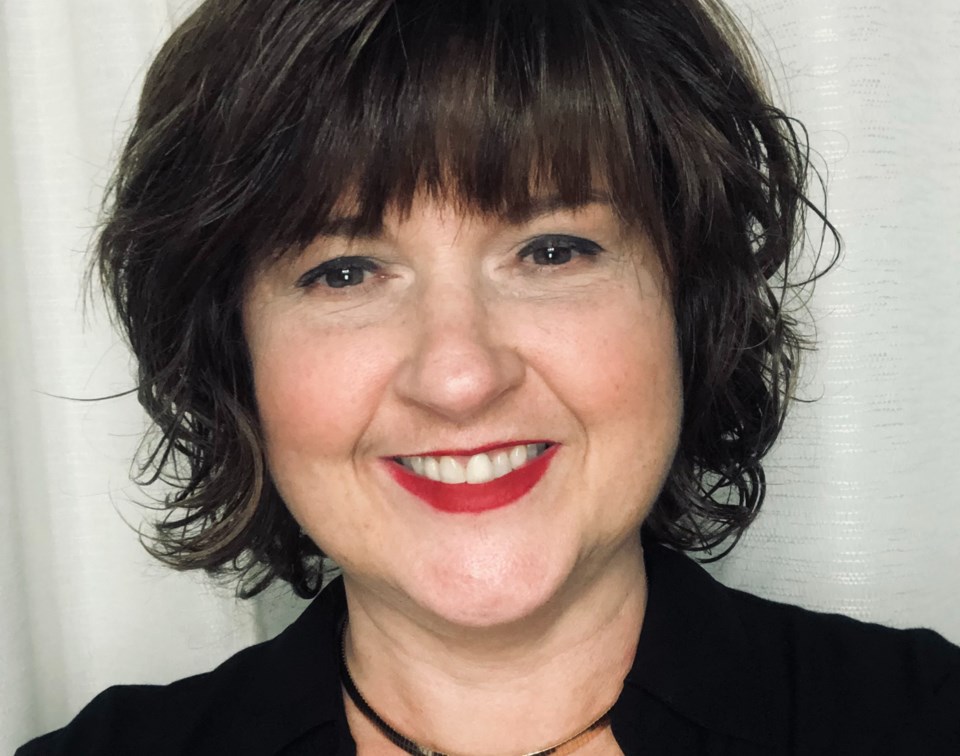Family Service Ontario is a network of community-based social service agencies across the province. The 42 not-for-profit agencies help more than 250,000 people each year.
The Family Counselling Centre of Cambridge and North Dumfries is one of those agencies.
Interim executive director, Cameron Dearlove, says they’ve seen a decrease in their funding, making their wait lists longer as inflation and staffing shortages also affect their ability to serve families in the area, mainly low-income.
“Funding hasn’t gone up in years and in a time of hyperinflation. The money we get has been stagnant or lowered and it has become very difficult to keep up.”
Being a non-profit mental health provider, they have seen a growth in private practices which makes it harder for them to hire because they can not compete with the salary.
Like other family service agencies they receive funding through several different channels including the province and the Region of Waterloo, OHIP, United Way and a few others.
“Our violence against women funding hasn’t increased in years. The amount that we got this year for our Partner Assault Response Program, funded by the Ministry of the Attorney General, is the same that we got in 2019 and we were given a contract by the province that stated it would stay exactly the same up until 2025.”
“We hear about funding announcements towards mental health but we don’t really see them when it comes to community counselling agencies.”
In the last year, Family Service Ontario has had to close down one location in Cobourg due to lack of funding.
The agencies are seeing a 40 per cent increase in demand for service across the province, said Susan Wells, the executive director in an interview with CambridgeToday.
“We have unprecedented demand and are just short staffed.”
On average she thinks people in Ontario are waiting eight months to a year to see a counsellor near them.
Between the agencies across the province they rely on funding outside of government grants, including charitable donations, which make up between 25 per cent and 75 per cent of their funding.
In recent years, they have seen a decrease in that type of funding coming in.
One of their asks from the Ontario government is that they have an urgent need for sustainability and are asking for an eight per cent increase in base funding for that and an HR strategy that deals with the current human resource crisis they are experiencing.
“Costs have continued to go up and demand has gone up but most programs haven’t seen an economic adjustment in so many years,” says Wells.
She calls it “a perfect storm.”
They were already seeing a high demand for service before the pandemic, and that has only increased. Combined with inflation, lack of funding, and staffing shortages, they are finding it hard to keep all their agencies open.
“It’s not like we're a business where we can just raise the price of our products,” Wells added.
“I think many people continue to do the work in our agency like our therapists for example because it aligned with their values and they appreciated the opportunity to make a difference and even if it wasn’t the most high paying job they just liked the work so they stayed with it. But there becomes a breaking point.”
Wells said therapists can make more in private practice by a substantial amount and with inflation, it’s hard to retain them.
“We can’t adjust salaries either to compete to bring staff in. That’s why I talk about it being the perfect storm. As wait lists grow longer and longer people are just giving up.”
Family Service Ontario has lost many counsellors over the years to private practices, health sector jobs, education jobs where they can often pay more or can hang a virtual shingle above their door, mentioned Wells.
“Through the pandemic we have lost one agency so far and that was in Cobourg. I suspect before the end of this there will be more.”
Agencies across the provinces are reporting seeing an increase in family conflict, relationship conflict, people grieving from the last two-years and an increase in substance abuse, said Wells.
“I think family service agencies are a cost effective solution that takes the burden off the system in so many different ways,” she added.
Their agencies help fill in the gaps of care in the province, often helping those who are low-income families, those on the streets or in shelters, women and children who are victims of domestic abuse.
The agency in Cambridge helps people with a variety of issues. Dearlove is worried what it will be like for low-income people or families to seek help if they can’t get more funding.
“It’s likely not all these organizations will be around in the next couple of years. It’s becoming more and more of a struggle for smaller, community counselling agencies to continue,” he said.
“Once that resource is gone then who's picking up that burden in those communities, so that’s a big concern.”
Wells said the answer is that some communities will just not have any access to those types of mental health supports once those agencies are gone or will struggle to find access to any as wait lists will only increase.
Agencies like Cambridge’s FCCCND want to help more people but don’t have the resources or means to do it.
Currently, there are not enough mental health professionals to go around, added Dearlove.
“We were seeing a mental health crisis before the pandemic and it has absolutely grown throughout the pandemic and continues to grow and in that time we have seen no new funding to help support this and our wait list is growing and we are struggling to keep up to that need."



